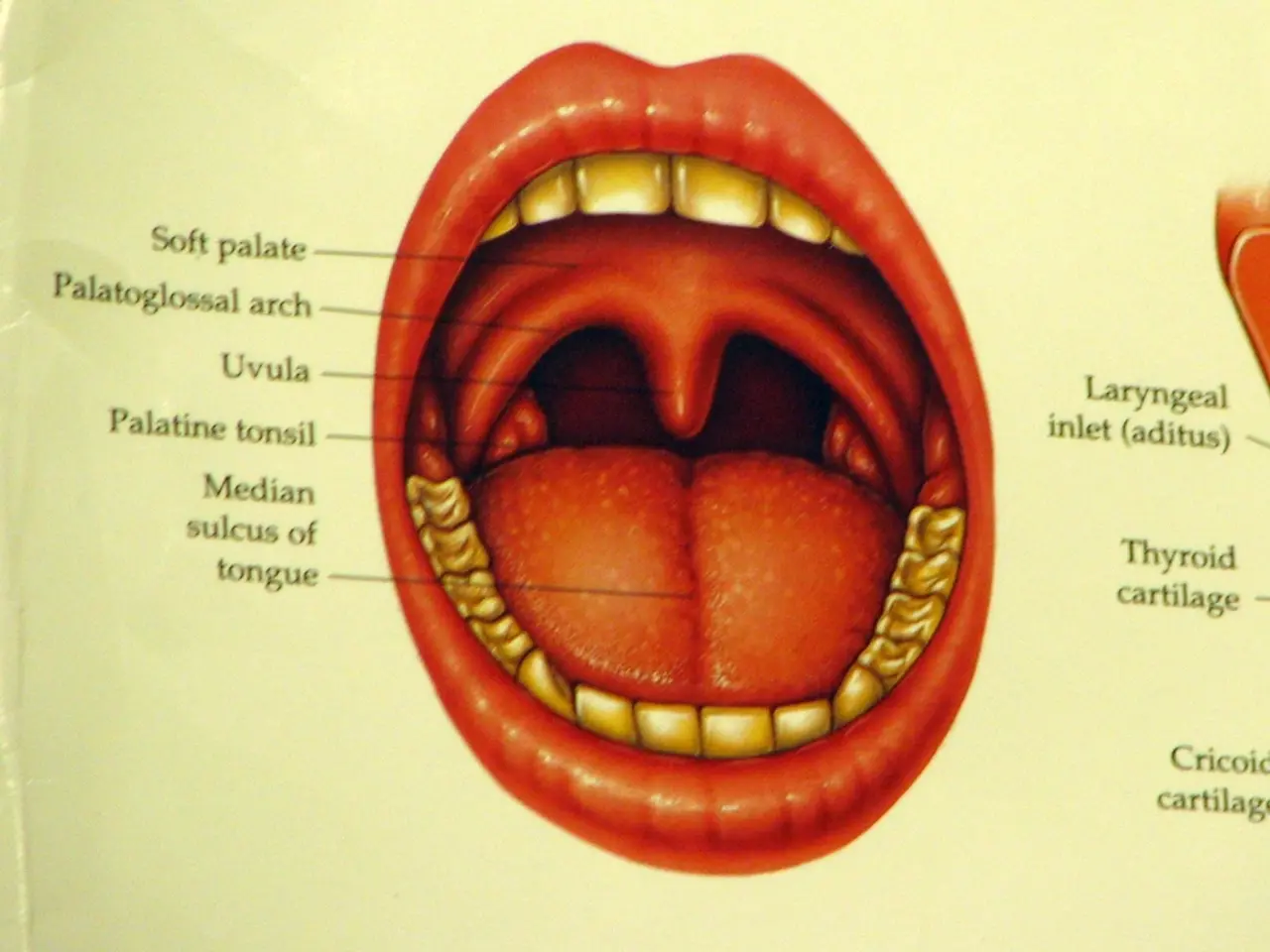Food Facts that Provoked a Revolution in Dietitians' Perspective Regarding Nutrition
Navigating the vast and sometimes confusing world of nutrition can be a challenge, especially when confronted by a sea of misinformation and social media trends. Here's what a bunch of registered dietitians had to say about the foundational truths that have shaped their approach to food – principles that can help cut through the noise and guide your eating decisions.
1. Feeding Your Brain: The Key Role of Carbohydrates
While it's easy to focus on the physical aspects of diet, accommodating your brain's needs is equally crucial. Amber Young, MS, RDN, founder of Redefined Nutrition, stresses that your brain requires ample carbohydrates to thrive. Around 120 to 130 grams per day is essential for optimal functioning, a fact often overlooked in nutrition conversations that focus purely on protein's muscle-building potential. Consuming a balanced diet, eating regularly, and taking care to meet your body's various energy requirements are all vital components of a healthy eating pattern.
2. Balance and Adaptability: Make Peace with "Whole" and "Home-Cooked"
Early in her career, Vincci Tsui, RD, a certified intuitive eating counselor based in Canada, encouraged clients to prioritize whole foods and home-cooked meals. However, she soon realized that factor's role in health isn't as clear-cut as it seems. Today, Tsui emphasizes understanding limitations, like time constraints, financial factors, or lack of cooking skills, and tailoring advice to meet clients where they are. Overly restrictive recommendations can lead to feelings of inadequacy and guilt, causing more harm than good.
3. Wellness, Not Weight: The Connection Between Health and Size
Thanh Thanh Nguyen, MS, RDN, a registered dietitian at Mendinground Nutrition, has uncovered numerous research studies that highlight the flaws in using weight and BMI as metrics for health. Dieting and weight-cycling can cause psychological strain and may even negatively impact physical health. Emphasizing lifestyle habits instead of focusing solely on the scale can lead to healthier choices and a more sustainable approach to wellness.
4. Snacking: A Friend, Not a Foe
Denying yourself food when you're hungry outside of traditional mealtimes is the real concern, according to Amber Young. Stable energy levels and mood can be maintained by eating regularly – every three to four hours – and addressing hunger as it arises. Regular snacking can also provide opportunities to tweak your diet's balance and incorporate more micronutrients.
5. Gradual Change: Small Steps Lead to Big Results
Attempting to drastically overhaul your diet all at once is a recipe for disappointment and burnout. Making smaller tweaks and scaling up over time is a more achievable and sustainable strategy for promoting healthy habits.
6. Embracing Fiber: The Hidden Hero of Nutrition
Often overlooked in nutrition conversations, fiber plays a vital role in maintaining a healthy gut and regular digestion. Despite most people falling far short of the recommended intake, fiber is easily incorporated into the diet through plant-based foods that are packed with the nutrient, such as chia seeds, lima beans, green peas, raspberries, and shredded wheat cereal.
7. Considering Enjoyment and Mindfulness: Make Peace With Your Food
While nutritional considerations are important, they should not be your sole focus when deciding what to eat. Paying attention to your needs beyond the nutritional breakdown of a food can lead to greater overall satisfaction and joy in your meal choices.
Related:
- 7 Gut Health Myths GI Docs and Dietitians Really Wish You'd Stop Believing
- How Bad Is It, Really, to Eat a Bowl or Two of Cereal for Dinner?
- How Worried Should I Really Be About Mercury in Tuna?
Get more of our website's great service journalism delivered right to your inbox, for free!
- Amber Young, MS, RDN suggests that brain health and diet are deeply connected, emphasizing the importance of consuming ample carbohydrates for optimal brain function.
- Vincci Tsui, RD, a certified intuitive eating counselor, advocates for tailoring dietary advice to an individual's specific needs and circumstances instead of rigidly adhering to traditional "whole" and "home-cooked" food recommendations.
- Thanh Thanh Nguyen, MS, RDN highlights that weight and BMI are not accurate measures of health, advocating for a focus on lifestyle habits rather than solely on weight loss for overall wellness.
- Amber Young emphasizes maintaining stable energy levels and mood by eating every three to four hours and addressing hunger as it arises, viewing snacking as a friend, not a foe.
- Gradual change in dietary habits yields long-term results, making smaller tweaks and scaling up over time a more sustainable strategy for promoting healthy habits.
- Fiber, often overlooked in nutrition conversations, is crucial for maintaining a healthy gut and regular digestion, and can be easily incorporated into the diet through plant-based foods.
- Mindfulness and enjoyment are essential factors to consider when making food choices, as focusing solely on nutritional considerations can lead to greater overall satisfaction and joy in meal choices.




